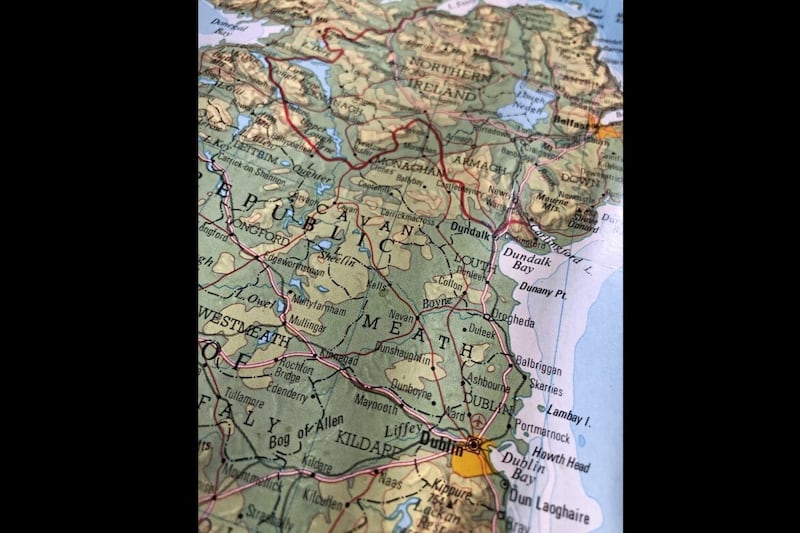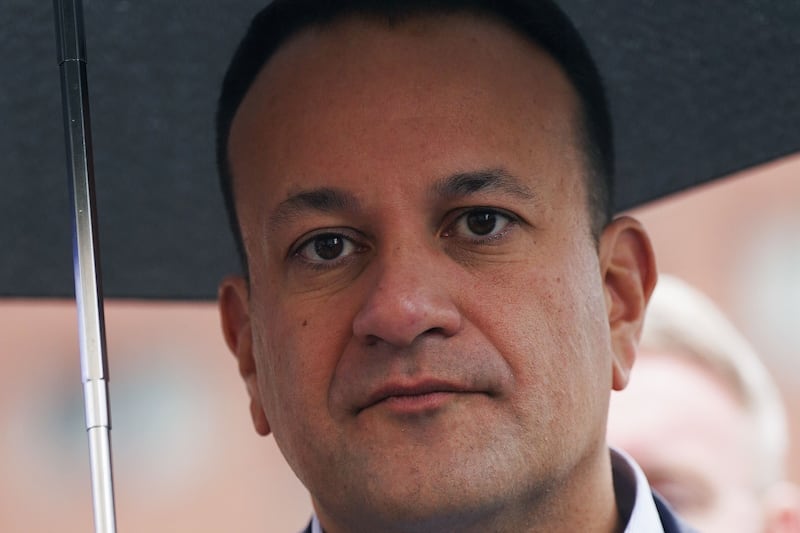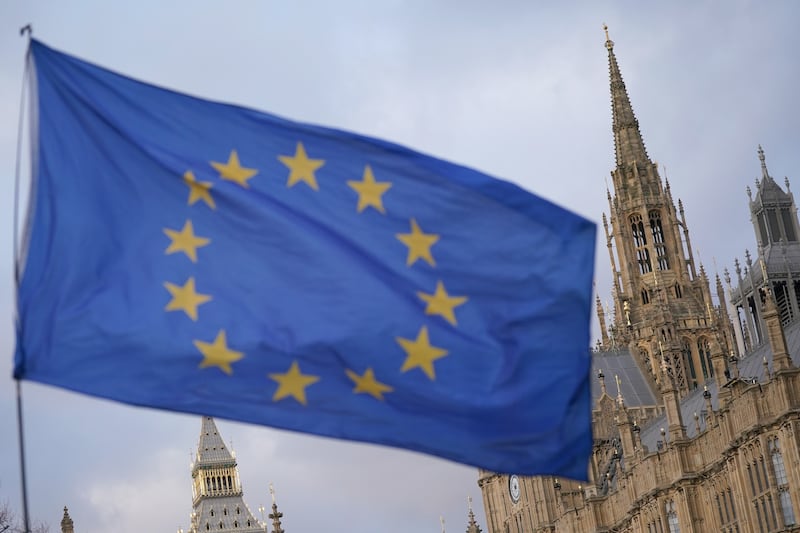"There is still work to be done for Ireland… Irishmen cannot relax their efforts until, in addition to national self-government – the main object for which we are now contending – they secure an efficient system of local legislation…"
So declared the leader column of the first edition of The Irish News on August 15 1891.
This newspaper, freshly redesigned from today, might look dramatically different but it remains true to the vision articulated by its founders.
Ireland, too, is much changed since then, from partition and power-sharing to the Troubles and ceasefires.
Constitutional issues are, however, seldom far below the surface. The promise of the "efficient system of local legislation" hoped for in 1891 should have been fulfilled by 1998's Good Friday Agreement. The reality is that devolution has been repeatedly frustrated by dysfunction at Stormont.
Read more:
The Irish News view: Irish unity firmly on the political agenda
The Irish News view: Brexit disaster has turbo-charged Irish unity debate
The Irish News view: We're in a terrible state o' chassis
Today, it is the largest party of unionism, the DUP, which is holding power-sharing hostage and apparently intent on proving the nationalist and republican thesis that Northern Ireland is ultimately unsustainable.
When the DUP and its fellow Brexit fantasists campaigned to leave the European Union in the 2016 referendum, they opened a Pandora's Box they have been entirely unable to control.
Unionism's more antediluvian elements hoped for some form of hard border in Ireland. Instead, the British government and the EU agreed to put the trade border in the Irish Sea, provoking a storm of existential unionist angst.
Brexit also supercharged the debate around Irish unity. Talk about a border poll is now firmly in the political mainstream. SDLP leader Colum Eastwood says it could happen by 2030. Sinn Féin, already the largest party in the north, will put planning for unity at the "heart of government" if, as is likely, it takes power in the Republic. Taoiseach Leo Varadkar and Tánaiste Micheál Martin increasingly refer to their united Ireland aspirations.
As our On This Day column reminds us, 100 years ago today this newspaper counselled: "Patience, perseverance in a steadfastly conciliatory policy, avoidance of causeless and wanton strife, the gradual softening of asperities and abandonment of prejudices, rivalry only in the promotion of peace, order and prosperity: these are the methods by which the inevitable hour of national re-union can be hastened."
That remains The Irish News view. It is clear that it is time for the Irish government to arrange a citizens' assembly on unity. Advocates for a united Ireland should learn from the mistakes of Brexit and plan thoroughly and thoughtfully to respectfully persuade those with whom we share this island. If unionism has a positive vision to share, it should do so. It cannot, however, be allowed to veto progress as nationalists and republicans seek to build a new Ireland for all.









